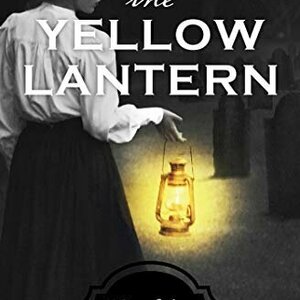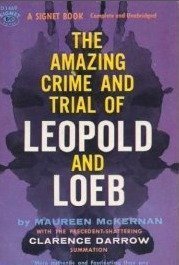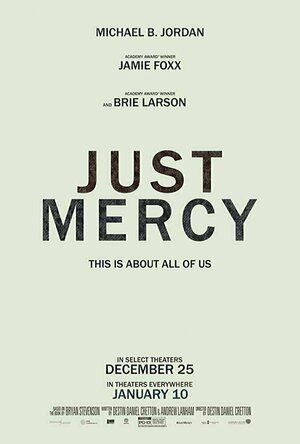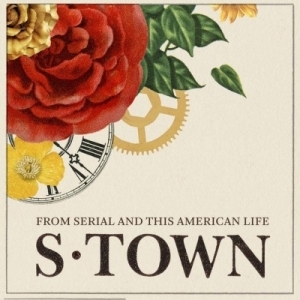MaryAnn (14 KP) rated The Yellow Lantern in Books
Nov 4, 2019
Step into True Colorsa new series of Historical Stories of Romance and American Crime
In Massachusetts in 1824, Josephine Clayton awakes on the table of the doctor shes assisted all these months. She was presumed dead by all and has become the doctors next corpse for his medical research. Frightened, the doctor tries to kill her, but Josephine begs to be spared. A deal is struckJosie will leave her village and work at a distant cotton mill. All the while, shell await her true missionposing as a mourner to help his body snatcher procure her replacement. At the mill though, Josie is praised for her medical remedies among the mill girls, gaining attention from the handsome factory manager Braham Taylor. Yet, when Brahams own loved one becomes the prey for the next grave robbing, Josie must make a choice that could put her dark past behind her or steal away the promise of any future at all. What price will Josie pay for love when her secrets begin to unravel
My Thoughts: This is a very unique mystery that will captivate readers from the beginning. A fictional novel based on true facts, this story gives the reader an insight to the horrific things that happened at the turn of the century.
This story will certainly keep the readers' attention. The author has created very believable characters. The readers will either like them or hate them.
This is a wonderful story for those who like a good mystery. This one has many twists in the plot to keep the readers on their toes.
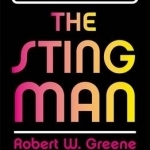
The Sting Man: The True Story Behind the Film American Hustle
Book
The Sting Man: The True Story Behind the Film AMERICAN HUSTLE The inspiration behind the film...
Hadley (567 KP) rated The Amazing Crime and Trial of Leopold and Loeb in Books
Apr 13, 2019
If you mentioned the names Leopold and Loeb today, many people wouldn't know who you were talking about, but if you had mentioned them just thirty years ago, many people would recall the 'murder of the century.'
If you are a fan of the True Crime genre, you'll come across the case of two wealthy Chicago boys who thought they could get away with murder. (The trial is probably the most talked about trial to-date because this is the first time that psychology was brought before a court room.)
For a good part of the late 1920's, Leopold and Loeb were household names for good reason: they came from millionaire families, they were college graduates before they were 18-years-old, and their trial was the first time in history that the world saw psychology put in front of a judge. The trial was even more unforgettable due to a closing speech given by famous defense attorney, Clarence Darrow, which is reprinted in its entirety,spanning a hefty 93 pages.
Nathan Leopold, Jr. and Richard Loeb were two people who should have never met, according to the courtroom. The two met at about the age of fifteen, soon after they began to embark on criminal acts together, ranging from theft to arson. It's stated in 'the Amazing Crime and Trial of Leopold and Loeb' that Loeb had created a fantasy world where he was a crime ringleader that was too smart for the police to catch. Readers get to judge for themselves whether or not they believe Loeb was the cause of their crimes, or if Leopold was the one really in charge.
After robbing Loeb's fraternity house together, Leopold and Loeb came up with a plan to kidnap a wealthy child that they could then ransom. "They began to devise elaborate plans for this kidnapping, and soon the planning became the all-important thing. They gave up the idea of kidnapping this particular person [a young man named William], and settled on the idea of kidnapping anyone who would fit in their kidnapping plans." Throughout the book, we find out that the boys were pretty desperate for a kidnapping victim, that they even thought about kidnapping one of their close friends:
"The plan of kidnaping Dick Rubel was given up because Dick Rubel's father was so tight we might not get any money from him."
Leopold and Loeb discussed everything from how they would receive the ransom, what weapons they would use, how they would get the victim inside a rented vehicle, and what they would do with the body afterwards. "In March, 1924, the patient [Loeb] conceived the idea of securing the money by having it thrown off a moving train. This idea was discussed in great detail, and gradually developed into a carefully systematized plan. As time wore on the plan became greatly modified from the original one. They discussed at considerable length the choice of a suitable subject for kidnapping. The patient's companion [Leopold] suggested that they kidnap a young girl instead of a boy, but the patient [Loeb] objected to this. His companion [Leopold] also suggested that they kidnap the patient's [Loeb] younger brother, but the patient apparently did not seriously consider doing this. They then considered half a dozen boys, any one of whom would do, for the following reasons: that they were physically small enough to be easily handled and their parents were extremely wealthy and would have no difficulty or disinclination to pay ransom money."
During the trial, Leopold and Loeb's psychological evaluations became the forefront of their guilty plea, stating that they were not responsible for their actions due to their upbringing and environment. "I submit the facts do not rest on the evidence of these boys alone. It is proven by the writings; it is proven by every act. It is proven by their companions, and there can by no question about it." Clarence Darrow explains in his famous closing statement. "We brought into this courtroom a number of their boy friends, whom they had known day by day, who had associated with them in the club house, were their constant companions, and they tell the same stories. They tell the story that neither of these two boys was responsible for his conduct."
'The Amazing Crime and Trial of Leopold and Loeb' contains the portions of the psychiatric evaluations that were submitted in court,but the testimony of character witnesses is omitted. For a factual telling of a real life trial, this book is okay. If the reader pays attention, they may notice that some of the book contradicts itself, such as one page states that the car robe used to wrap up Franks' body was found buried near Lake Michigan,but then pages later, the book states it had been burned at Loeb's home.
The psychiatric reports are very repetitive,just using different words to describe the same things. Yet, these reports are the backbone of the trial and well worth a read. The evaluations and Darrow's extensive speech were what saved Leopold and Loeb from a death sentence.
There are very few books written about the 'murder of the century,' and even less about the 'lawyer of the century.' Leopold and Loeb, as well as Darrow, have faded into the obscurity of the True Crime genre, but because the boys' mental state was brought into question, we now accept forensic science/psychology in the court room today. I feel that only people who are truly interested in True Crime, or even have a fascination for the court room are the only ones who will enjoy 'The Amazing Crime and Trial of Leopold and Loeb.'
Ross (3284 KP) rated Just Mercy (2019) in Movies
Jun 15, 2020
Jordan plays young lawyer Bryan Stevenson who moves to Alabama to fight for justice for death row convicts. Among many cases he meets Jonny D (Foxx), who initially refuses to fight any more despite the paper-thin conviction he received. Persuaded, the pair start their fight against the system, met time and time again with prejudice, injustice and an unfair system that is unwilling to review past cases.
The irony of this unfolding in the town that is so proud to have been where Harper Lee wrote To Kill a Mockingbird, the story of a black man facing an unfair trial accused of crime against a young white female, was not lost on me. This wasn't made much of in the film, I would guess out of respect for the family of the actual murder victim here, and not wanting to suggest a parallel with the false crime in the book.
The film does well to portray the racial injustice, unbalanced legal system and prejudice experienced by the authorities and smalltown America, but not overdo it. This leaves the viewer to mull it on their own, which is especially important to do in the current climate.
An excellent film that gets the balance right between story, faithfulness to the facts and sewing thoughts and parallels with modern day life.
Focusing on the person who initially contacted this American Life, John McLemore, it’s based in the small town of Woodstock and gives a stark look into the world of small town Alabama.. We get to know John well, he’s a horologist (clock maker / repairer - it was the new word of the week for me) who seems to be pretty well known in the industry for his restoration skills. John is an amazing character and as the podcast takes a dramatic change of direction we end up getting sucked into his story which is moving and full of lessons on living in a place you don’t feel you fit in.
It was an emotional ride and if you like This American Life, this is like an episode on steroids and then some.
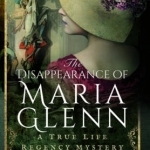
The Disappearance of Maria Glenn: A True Life Regency Mystery
Book
Taunton, 1817. What seems a simple newspaper report of "elopement gone wrong" turns out to be a...

Blood on the Altar: In Search of a Serial Killer
Book
One Sunday morning in 1993 a 16-year-old girl named Eliza Claps goes missing from a church in the...
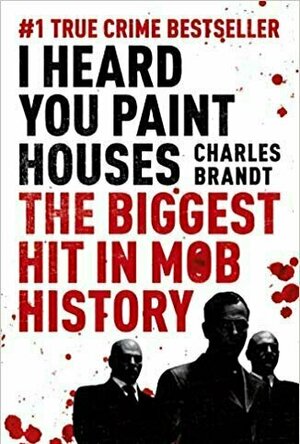
I Heard You Paint Houses
Book
Now filmed as 'The Irishman' starring Robert De Niro, Al Pacino and Joe Pesci 'I heard you paint...
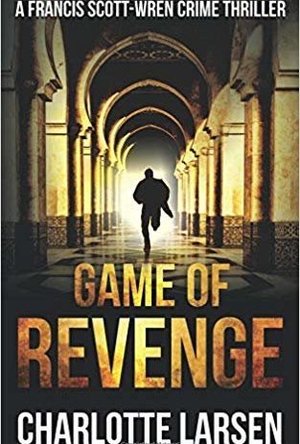
Game of Revenge (Francis Scott-Wren Series Book 2)
Book
“Before you embark on a journey of revenge, dig two graves” — Confucius Heart crushing...
crime thriller fiction Swedish series Game of Revenge
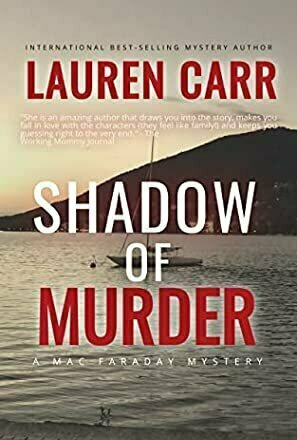
Shadow of Murder (A Mac Faraday Mystery #14)
Book
You can't move to the next chapter of your life without tying up loose ends in the previous. True...
Mystery Thriller Fiction Paranormal Crime / Detective
